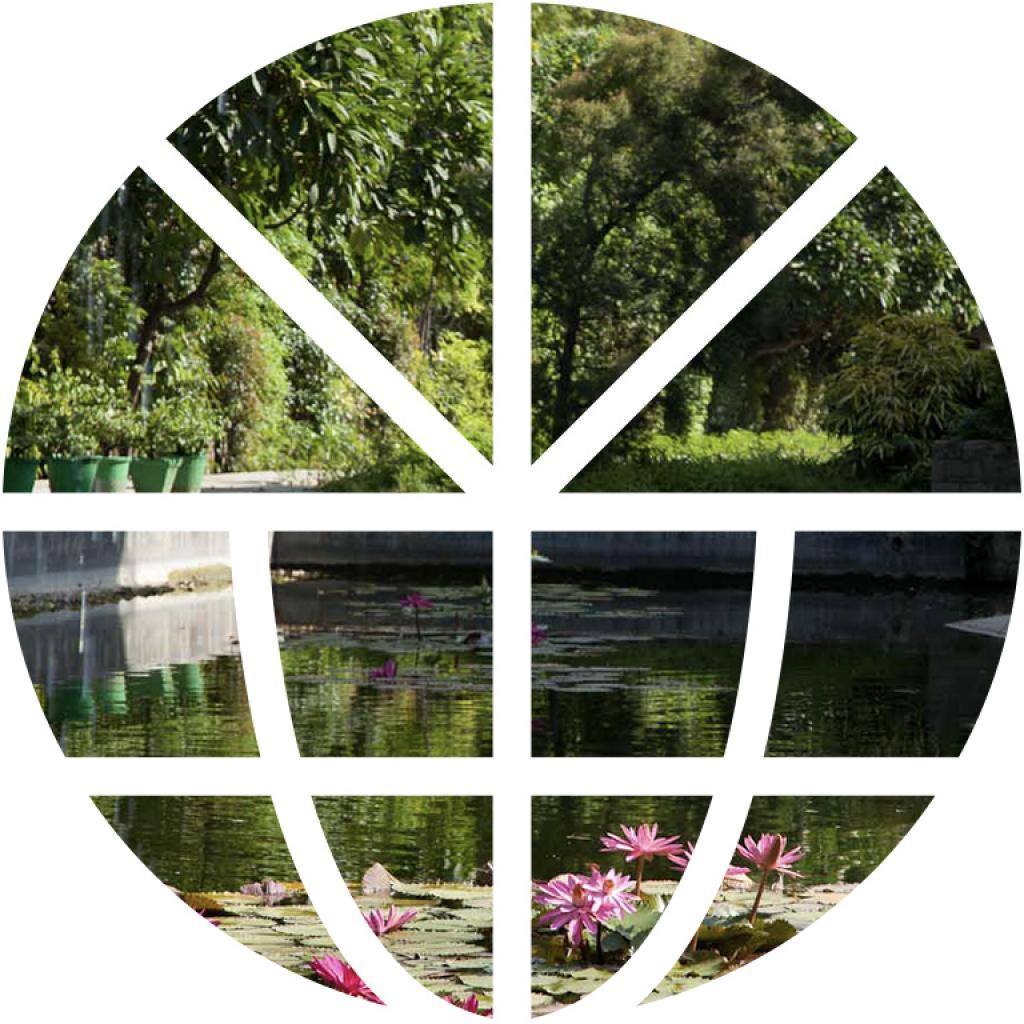How the Middle Class is Forcing the State to Deliver: The Alakananda Mall Experience and Other Examples
Panelists: Shri Ashutosh Dixit, The Citizens Alliance, Alakananda, New Delhi; Shri Sumita Kale, Deccan Gymkhana, Pune; and Dr. Dipankar Gupta, sociologist
Moderator:
A Debate for and Against the Motion -
This House Believes that Libraries and Librarians Are Irrelevant in the Context of the Increase Dependency on ICT for Access to Information
By young Librarians - Dr. Akhtar Parvez, Librarian, Indian Institute of Management, Indore; Shri Rajesh Singh, Deputy Librarian, University of Delhi; Shri Raj Kumar Bhardwaj, Librarian, St. Stephens College, University of Delhi; and Ms Rajni Jindal, Librarian, Vivekanand College, University of Delhi
Remarks by Shri Jagmohan, former Governor, Jammu & Kashmir; Dr. N. Vijayaditya, former Director-General, National Informatics Centre; and Dr. S.M. Dhawan, former Scientist "F" and Librarian, National Physical Laboratory
Chair: Shri Soli J. Sorabjee
Peoples' Movements and Democratic Transformations in the Middle East
Panelists: Prof. Asef Bayat, Professor of Sociology and Middle Eastern Studies, University of Illinois at Urbana-Champaign; Prof. Behrooz Ghamari-Tabrizi, Associate Professor of Sociology and History, University of Illinois at Urbana-Champaign; and Prof. Linda Herrera, Associate Professor of Education Policy, University of Illinois at Urbana- Champaign

